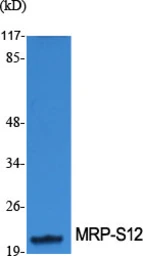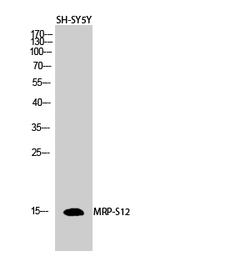MRPS12 antibody
Cat. No. GTX34089
Cat. No. GTX34089
-
HostRabbit
-
ClonalityPolyclonal
-
IsotypeIgG
-
ApplicationsWB
-
ReactivityHuman

